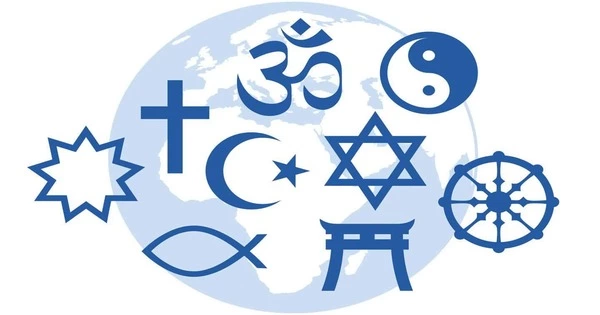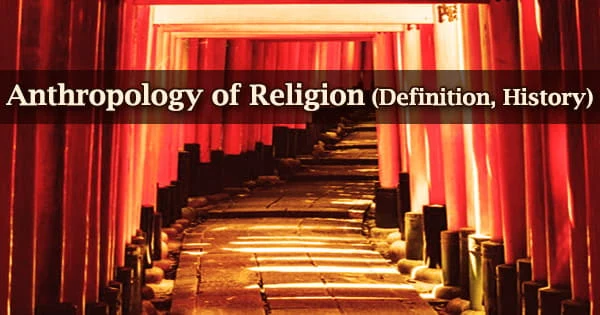A state religion (also known as an official religion) is a religion or creed that has been formally sanctioned by a sovereign state. It is a religious belief or system that is officially accepted, sponsored, and frequently integrated into a country’s or state’s laws and governance. While not a secular state, a state having an official religion (also known as a confessional state or religious state) is not always a theocracy. The government and the religious institution are inextricably linked in such instances, and the state may aggressively promote and preserve the dominant religion or set of religious ideas.
State religions are government-sanctioned religious establishments, but the state does not have to be under the control of the clergy (as in a theocracy), nor does the state-sanctioned religion have to be under the control of the state. State religions have historically existed in numerous communities, and they still do in some countries today.
Official religions have existed in almost all cultures throughout human history, dating back to the Ancient Near East and prehistory. Marcus Terentius Varro, an ancient Latin scholar, examined the relationship between religious cult and the state under the name theologia civilis (lit. “civic theology”). The Armenian Apostolic Church, founded in 301 CE, was the first state-sponsored Christian church.
The term state church is associated with Christianity as sanctioned by the government, historically the state church of the Roman Empire in the last centuries of the Empire’s existence, and is sometimes used to denote a specific modern national branch of Christianity in Christianity, as the term church is typically applied to a place of worship for Christians or organisations incorporating such ones. Ecclesiae are closely related to state churches but have a more modest significance.
There are several potential advantages and disadvantages associated with having a state religion:
Advantages:
- Social cohesion: A state religion can serve as a unifying force, promoting a shared set of values and beliefs among the citizens of a country.
- Cultural identity: The state religion may be an essential aspect of a nation’s cultural heritage and identity, contributing to its historical and traditional roots.
- Simplified governance: Having a state religion can lead to streamlined legal and administrative processes as religious laws and values may be integrated into the country’s legal system.
Disadvantages:
- Religious discrimination: Non-adherents of the state religion may face discrimination or reduced rights, potentially leading to social divisions and conflicts.
- Limited religious freedom: Other religious groups may be suppressed or marginalized in favor of the state religion, leading to violations of religious freedom.
- Political manipulation: Politicians may use the state religion for their own agendas, which could undermine the separation of church and state.
















